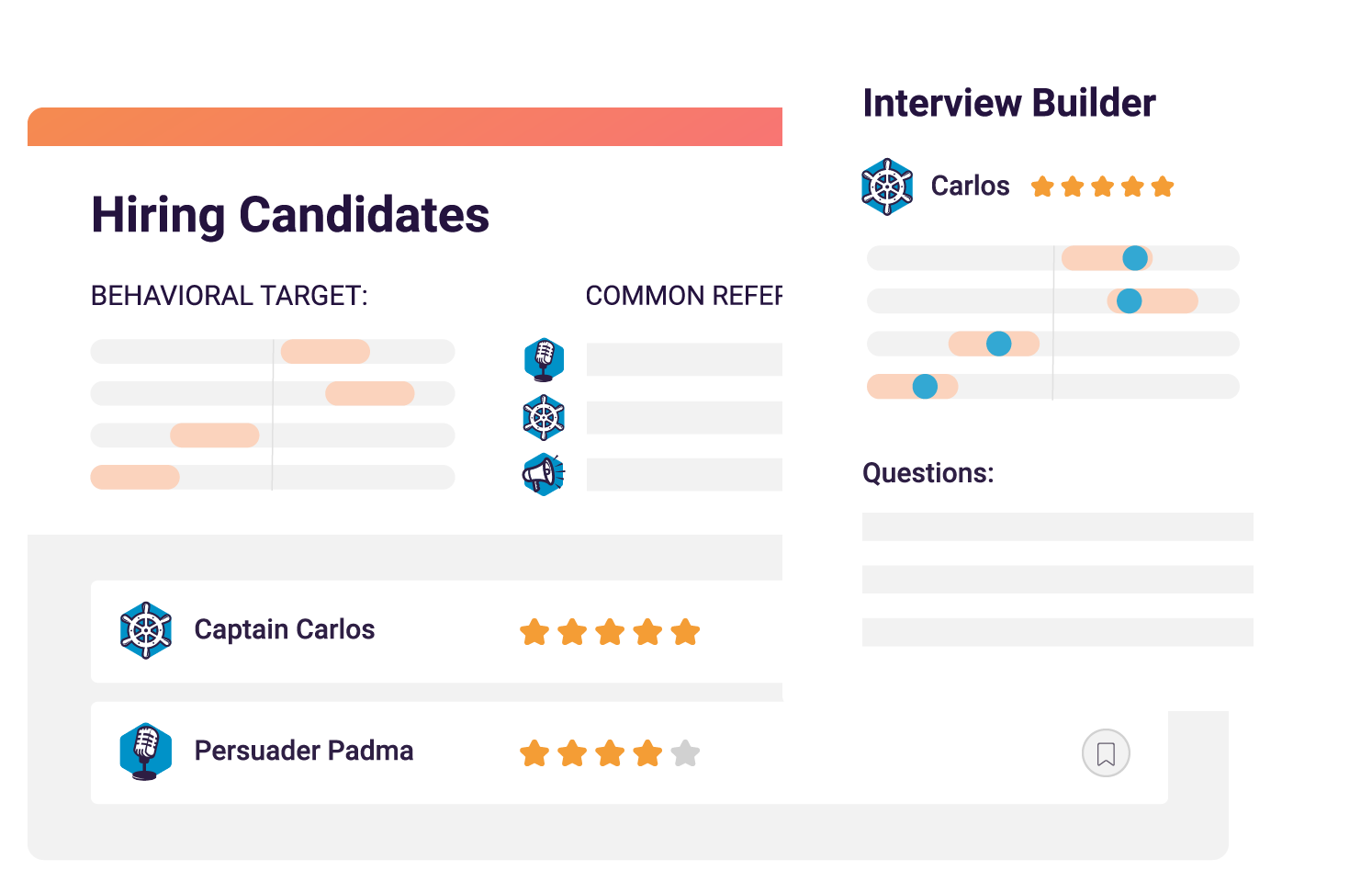Anthony Tjan, co-author of best-selling business book Heart, Smarts, Guts and Luck, writes that “there is one quality that trumps all, evident in virtually every great entrepreneur, manager, and leader. That quality is self-awareness. The best thing leaders can do to improve their effectiveness is to become more aware of what motivates them and their decision-making.”
Self-awareness and leadership
Self-awareness is a mandatory trait for successful leaders. Yet, fostering self-awareness isn’t easy for some people. I see the behavioral profiles of many leaders. In some executives’ behavioral profiles I can tell that helpful leadership traits such as being a natural delegator, having strategic vision, or being a motivational communicator don’t necessarily come naturally or easily. And when I hear leaders say “I’ve learned to address that,” I applaud their self-awareness. The leaders who succeed are the ones who are aware of the traits that may hold them back, and take action to address them.
Join 10,000 companies solving the most complex people problems with PI.
Hire the right people, inspire their best work, design dream teams, and sustain engagement for the long haul.
Increase self-awareness with these three tips.
In his HBR article How Leaders Become Self-Aware, Tjan recommends taking three steps to increase self-awareness:
Test yourself.
Tjan recommends several assessment instruments, including The Predictive Index Behavioral Assessment, as being helpful in facilitating self-reflection. The Predictive Index Behavioral Assessment evaluates behavior using behavioral science. The personal insight gained will likely be validating, and will provide an objective outside view that may be enlightening and thought-provoking.
Watch yourself and learn.
He also recommends leaders follow the steps taken by industry icons like Warren Buffet and write down the reasons behind your key decisions; then, after implementation, reflect and assess the outcomes. Paying regular attention to this second step avoids the “backward rationalization” many fall prey to.
Be aware of others.
Observing other people’s strengths will serve to inform the self-aware leader about what they do well, and will help them appreciate and value the different approaches brought by others. Here, too, the insights from a quality behavioral assessment would provide a framework for observation and learning.









